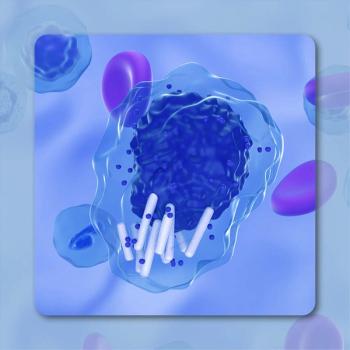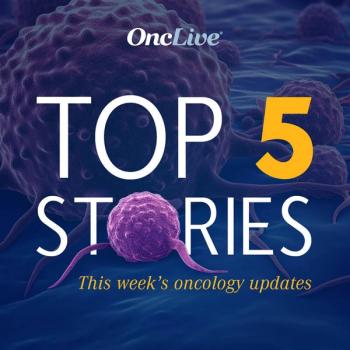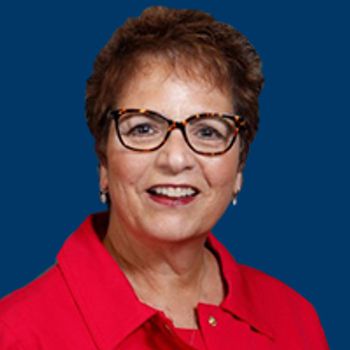
CDC Adds Cancer to List of Underlying Medical Conditions That May Result in Severe COVID-19
Following a recent update from the Centers for Disease Control and Prevention, cancer has been added to the list of underlying medical conditions that may result in a more severe case of novel coronavirus 2019 should exposure to the virus occur.
Following a recent update from the Centers for Disease Control and Prevention (CDC), cancer has been added to the list of underlying medical conditions that may result in a more severe case of novel coronavirus 2019 (COVID-19) should exposure to the virus occur. While there are still limited data as to the impact such conditions will have on the severity of illness, the CDC updated their list in light of more recent information surrounding COVID-19.1
While cancer was noted as increasing the risk of severe COVID-19, it is not presently known as to whether or not cancer history is a significant risk factor. Moreover, oncology treatments, such as chemotherapy, can likely weaken a patient's immune system, leading to a higher risk of infections.Due to this, the CDC suggests that health care providers work with their patients to discuss risk levels on an individualized basis, with consideration to condition, treatment, and number of COVID-19 cases within the local community.
From there, health care providers can determine if treatment medications are required, though the CDC advises that delays to life-saving or emergency care should not occur. The CDC also recommends that patients maintain a 30-day supply of medications in order to limit risk of exposure. Finally, it has been recommended that patients contact their healthcare provider should they have concerns regarding their condition or treatment, or have reason to believe that they have been exposed to COVID-19.
Numerous health care professionals are working to pivot in light of these concerns and create new strategies for patient care in the
This more cautious treatment strategy is backed by recent studies, one of which recently revealed that chemotherapy—when administered within 3 months of a COVID-19 diagnosis—increases the risk of
While some therapies are suggested to be avoided at this time in order to ensure patient safety, others have been deemed a safer approach and do not worsen symptoms of COVID-19. Findings from a recent multicenter study, presented at the 2020 AACR Virtual Meeting on COVID-19 and Cancer indicated that
Right now, it’s important for healthcare professionals and patients alike to consider this new information and adapt treatment strategies to decrease the risk of exposure or risk of compromising patient immune systems further. Educating patients on decreasing infection risks, creating a custom treatment plan, and potentially pausing treatments that may increase COVID-19-related mortality are all worth considering.
References
- Centers for Disease Control and Prevention. People of Any Age with Underlying Medical Conditions. Revised July 17, 2020. Accessed July 20, 2020.
https://bit.ly/2ByQhxq . - Horn L, Whisenant JG, Torri V, et al; TERAVOLT Consortium Investigators. Thoracic Cancers International COVID-19 Collaboration (TERAVOLT): Impact of type of cancer therapy and COVID therapy on survival. J Clin Oncol. 2020;38(suppl; abstr LBA111). doi:10.1200/JCO.2020.38.15_suppl.LBA111
- Rogiers A, Tondini C, Grimes JM, et al. Clinical characteristics and outcomes of coronavirus 2019 disease (COVID-19) in cancer patients treated with immune checkpoint inhibitors (ICI). Presented at: 2020 AACR Virtual Meeting: COVID-19 and Cancer; July 20-23, 2020; Virtual.




































